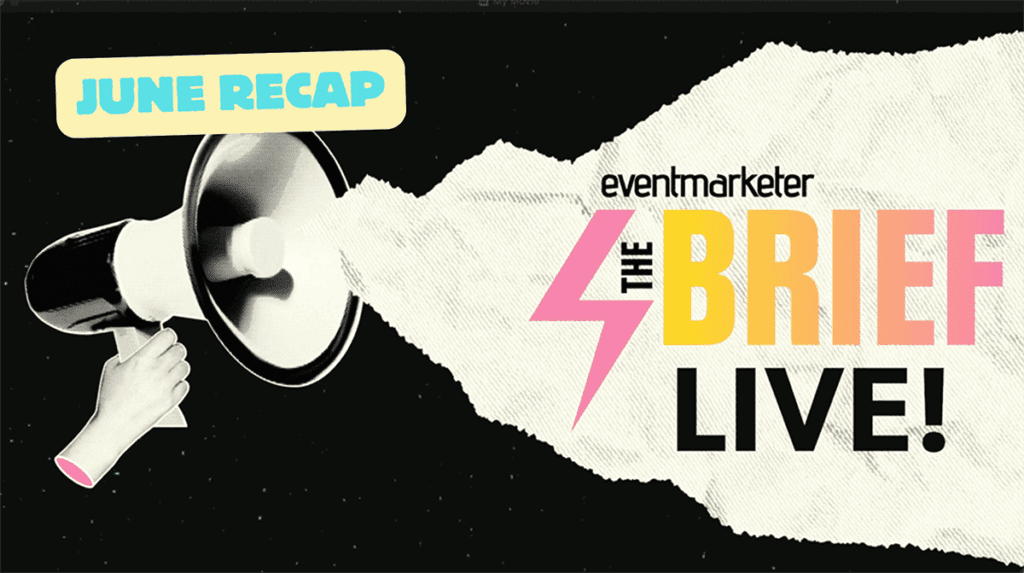ALONG WITH “legal ethics” and “military intelligence,” “Olympic Games” is a current oxymoron.
Games? Games are a bunch of kids choosing sides for softball, with the gawky, bespectacled nerd stuck in right field.
U.S. Olympic athletes are a bunch of spoiled brats with Nike and Reebok contracts. Their patriotism is limited by the number of endorsements they can grab…supervised by a bunch of greedy bureaucrats whose colorful history involves venue trading and outright bribes.
“Games” hasn’t described the Olympic events for about 20 years. And the recently revealed capers of the International Olympic Committee rub a little more salt into the moralistic wounds of those who have contributed to “the cause” – sending athletes forth to conquer makers of cereals, vitamins, clothing, airlines and, of course, phone companies.
Those poor puddy-tats! The IOC says it will have a “shortfall” of more than $60 million in corporate sponsorships for this summer’s “Games” in Sydney, Australia.
Does anybody see anything wrong with that statement?
A $60 million shortfall? What the hell is their budget, anyway? And what are they spending it on? Understand, folks, which I’m sure you do: This “shortfall” is for corporate sponsorships, and that’s outside all the dollars coming in from chauvinistic suckers who want to be sure the flag a winner carries has 50 stars on it.
Other individual sponsors are paying as much as $40 million for the privilege of being the “official” vitamin or nose-hair trimmer. That’s each.
It’s obvious the budget isn’t bloated enough, so to make up the “shortfall” the committee is selling advertising space on its Web site and expecting an additional $5 million or so for the privilege.
IBM, which runs the Web site, is ending its Olympic sponsorship after Sydney because of “the huge cost of the sponsorship.” Right on, IBM. It also encouraged the sale of Web space to help fund the site. Wrong on, IBM.
Ahhh! Reebok has dropped its sponsorship because Australian organizers made deals with two of Reebok’s semi-competitors – one for baseball caps and the other for rugby shirts. The amount Reebok had been prepared to pay, just for outfitting the Australian squad and being allowed to boast about it: $9.5 million. Guys, that’s a lot of shoes and shirts. Adding to the bickering is the removal of 840,000 of the best seats from the market; they are being divvied up for private “for-pay” use by various sponsors.
How far we’ve come from Jesse Owens and the little heroes of “Chariots of Fire.” Now miniaturized Olympic gymnasts have to start training at 8, are burned out at 17 and become arthritic by 25. Athletes are pampered like Kobe beef cattle. Agents haunt the hallways. And for every player, whether administrative or on the field, it’s ego uber alles.
Worse, cities fall all over themselves to host the Olympics. They wine and dine the committee, spend millions or even billions constructing stadiums, training areas and accommodations, and pass out official badges like the Easter Bunny passing out tokens.
The IOC’s Web page has the invitation: “Sign up to be a torch-bearer in 2000. Meet Olly [the cartoon icon, a hybrid between Donald Duck and Woody Woodpecker] reaching the world.”
Remember when the Olympic rings symbolized sportsmanship? Now they’re symbols of politics, payoffs and the long arms of Nike, Adidas, and yes, Reebok – the purest kind of greed.
Here’s the question: Where does it all end? No athlete, however talented, can just show up and enter a contest. The dedication has to be for years, and it has to be singular: If you’re a trackster or one of those little gymnasts, school and social pleasures are secondary. The Games are your life. The payoff, if it comes, is from Kellogg’s or Nike or Fila or Ellesse or an airline or a balm to protect your lips. No medal, no moola.
There’s something obscene about that. I prefer Little League baseball, where unpaid coaches are fired for being too rabid about winning. (Or would that be junior football? Seems to me I read something about a scandal in Little League.)
The IOC’s president is about 80 years old. Many critics – and by gum, there are many – say he’s the one who transformed the Games into the Great Greedies. Salt Lake City has the Winter Games two years from now. So far, about $1.2 million in bribes, fur coats, scholarships and even plastic surgery have surfaced as the compelling reasons the IOC chose that city.
The unkindest cut of all: You know who’s spending $1.4 billion on the 2002 Winter Games in Utah? The U.S. government, that’s who. Great balls of fire, that’s more than Nike spends. If you’re a family of four, you’ve already invested 12 bucks there. Ah, your tax dollars at work!
Oh, the Olympics are tarnished, but they’re not hurting. The TV deal with NBC comes to $3.5 billion. Extravagant? More commercial than the National Football League? Well, that’s going pretty far, but yes, it is extravagant. And yes, more commercial than the NFL, because of the phony “Games” cloak trying to cover the cold-blooded “business” reality.
The most logical question is why the IOC needs a budget so huge that the TV rights alone bring in $3.5 billion – with “The official whatever-it-is” authorizations upping that figure billions more. What do they do with all that money?
One thing they do is try to kill off competition. Microsoft, at least, is an open competitor. We can’t say that for the U.S. Olympic Committee. Utah’s Brighton ski resort put up some billboards, among them: “You don’t need an Olympic Committee to get into this school,” and “Proud host of ZERO Olympic events.” Guess what: The Olympic Committee has cried foul, saying – get this! – federal law prohibits unauthorized commercial use of the word “Olympic.”
Well, that ought to prove a totally different point: It’s time for the IOC to be prohibited by federal law. It’s time for athletes to decide what they love best – the happy spirit of competition or big bucks from Nike.
What’s your guess about which direction they’ll choose?
Yeah. That’s my guess too.
 Network
Network

